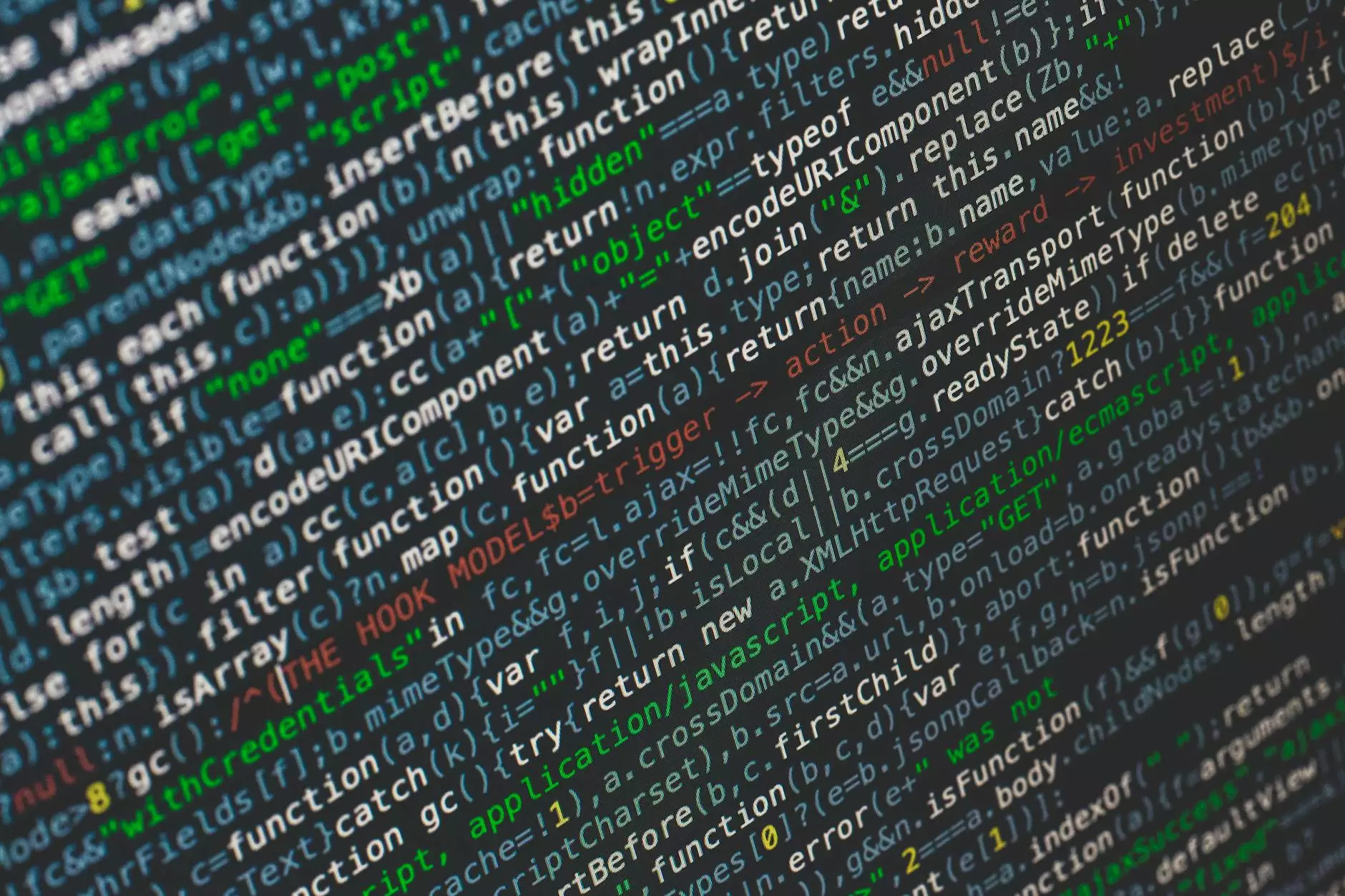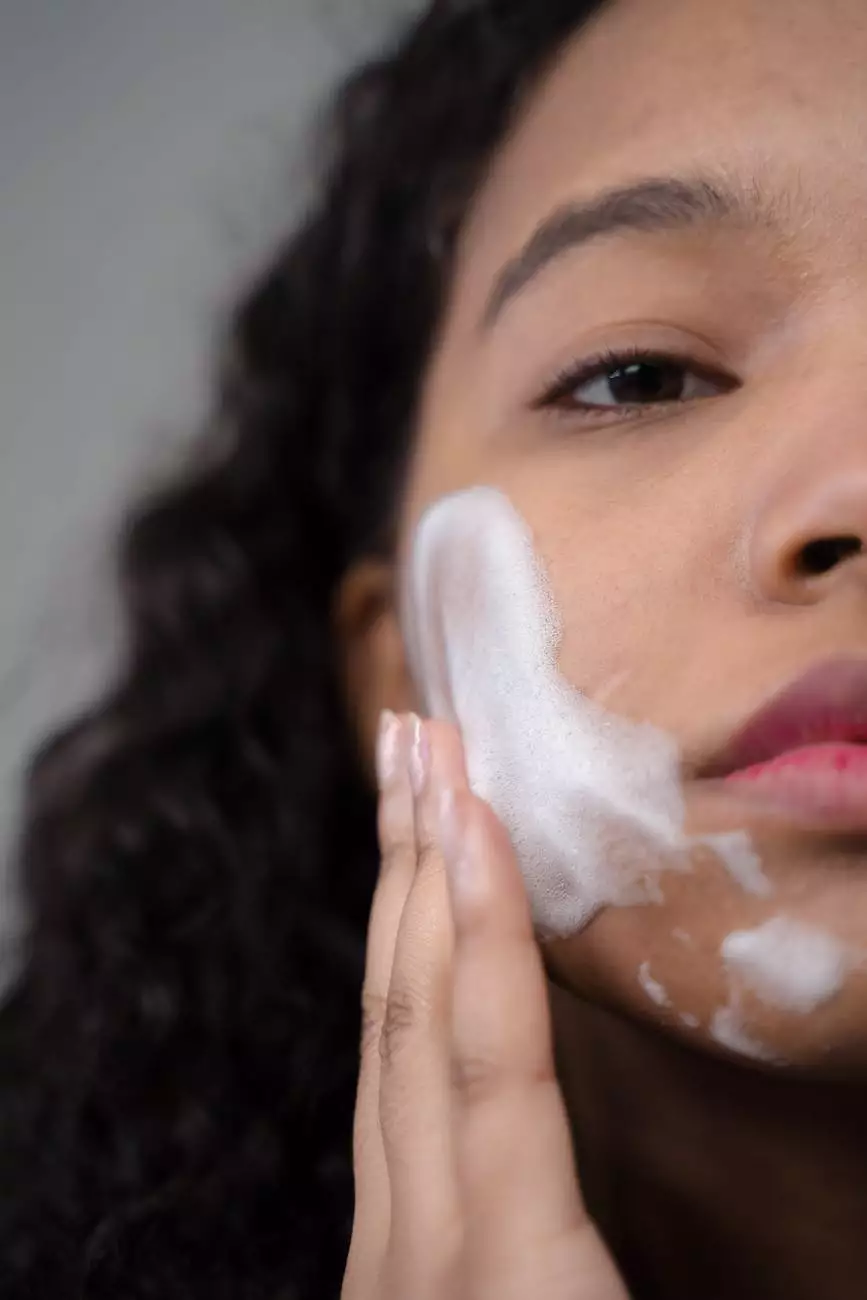Ear Tube Surgery: Postoperative Discharge Instructions

Introduction
Welcome to Foley James D MD, your trusted partner in the healthcare journey. If you or your loved one has recently undergone ear tube surgery, this comprehensive guide is here to provide you with detailed postoperative discharge instructions. These instructions are designed to ensure a smooth recovery process and help you take necessary precautions during the healing period.
Understanding Ear Tube Surgery
Ear tube surgery, medically known as tympanostomy, is a common procedure used to treat persistent ear infections or conditions that affect the middle ear. During the surgery, a tiny tube is placed through the eardrum to promote ventilation and drainage, preventing fluid buildup and recurrent infections.
Following a successful ear tube surgery, it is crucial to take proper care to ensure optimal healing and reduce the risk of complications. The information provided here will guide you through the postoperative period and provide you with valuable insights.
Postoperative Discharge Instructions
1. Medication and Pain Management
After ear tube surgery, your doctor may prescribe pain medication or ear drops to help manage any discomfort and prevent infection. It is important to follow the prescribed dosage and frequency, as well as any specific instructions provided by your doctor.
2. Ear Care
Proper ear care is essential for a successful recovery. Here are some key points to keep in mind:
- Gently clean the outer ear with a washcloth or cotton swab, taking care not to insert anything into the ear canal.
- Avoid immersing the head in water, especially during the initial healing period. Use earplugs or a cotton ball coated with petroleum jelly to protect the ears while showering or swimming.
- Avoid exposure to excessive dust, smoke, or other irritants that may introduce bacteria into the ears.
3. Dietary Guidelines
As part of your recovery, it is important to follow certain dietary guidelines to support healing and minimize discomfort. Here are some recommendations:
- Avoid consuming hot or spicy foods that may irritate the throat and indirectly affect the ears.
- Stay hydrated by drinking plenty of water, which helps maintain overall health and facilitates healing.
- Include a variety of fruits, vegetables, and lean proteins in your diet to provide essential nutrients for optimal recovery.
4. Activity Restrictions
While it is essential to rest and allow your body to recover, some activity restrictions should be followed to promote healing and prevent complications. Consider the following:
- Avoid strenuous activities, heavy lifting, or bending over for the first few days following surgery.
- Avoid activities that may expose you to sudden pressure changes, such as air travel or scuba diving.
- Consult your doctor regarding any specific restrictions or recommendations based on your unique circumstances.
5. Follow-up Appointments
Your doctor may schedule follow-up appointments to assess your progress and ensure that your ears are healing properly. It is crucial to adhere to these appointments to monitor your recovery and address any concerns or questions you may have.
In Conclusion
By following these postoperative discharge instructions, you can facilitate a smooth recovery process and reduce the risk of complications after ear tube surgery. It is important to remember that every individual's healing process may vary, and it is always best to consult your healthcare provider for personalized advice and guidance.
At Foley James D MD, we are committed to providing our patients with exceptional care and support throughout their healthcare journey. If you have any questions or concerns about ear tube surgery or any other medical procedures, please do not hesitate to reach out to our experienced team.



